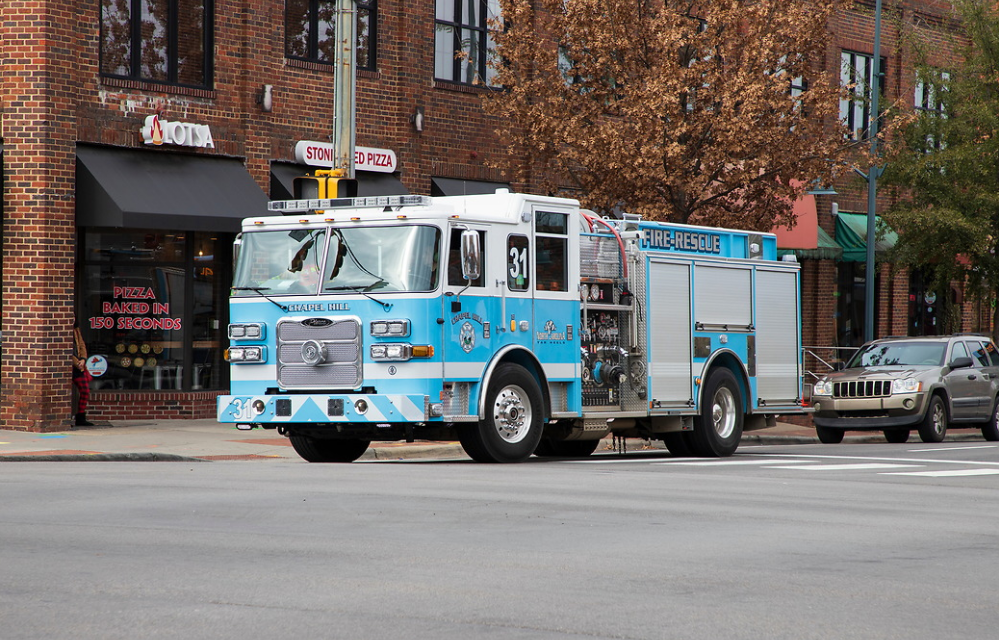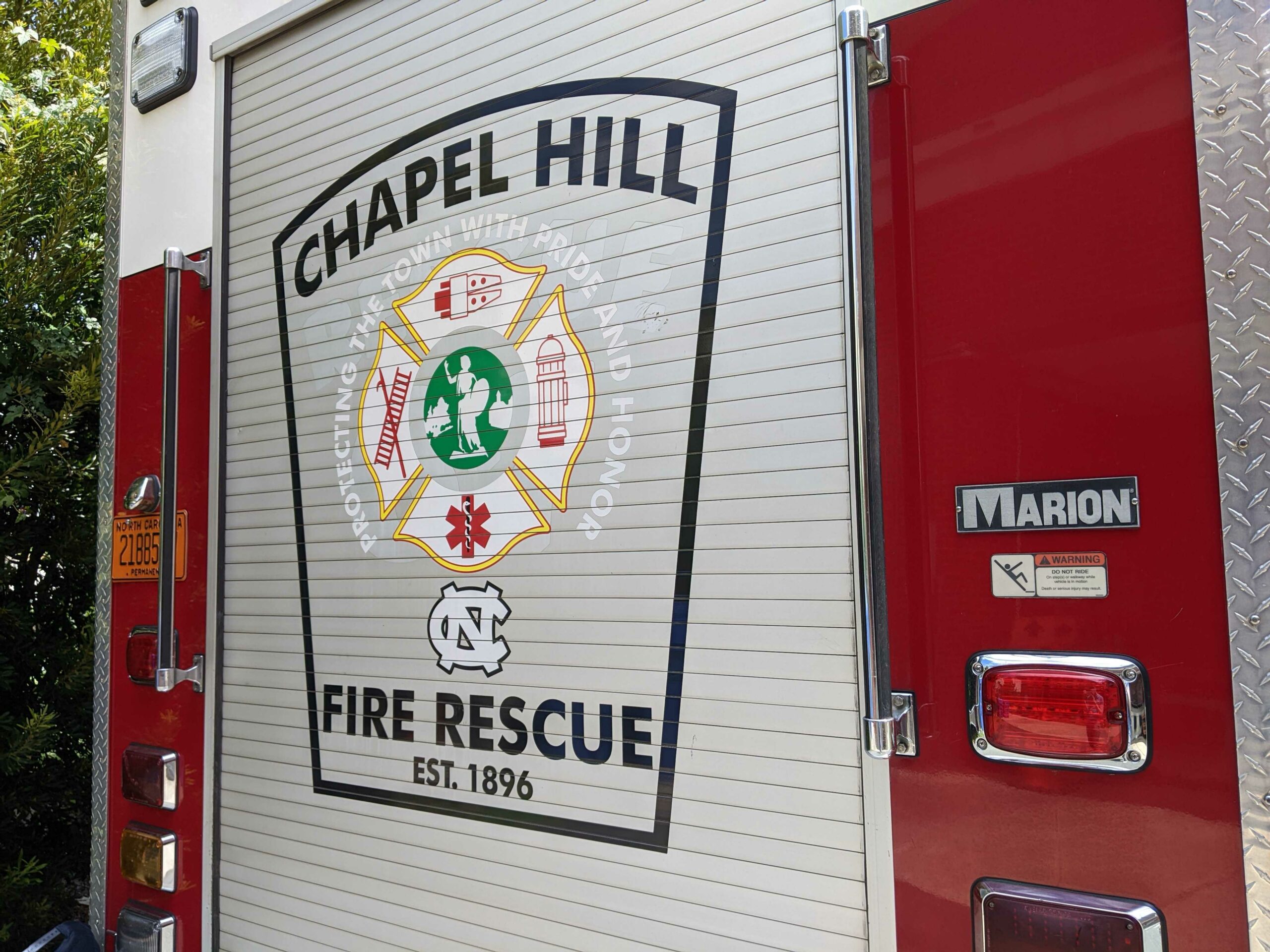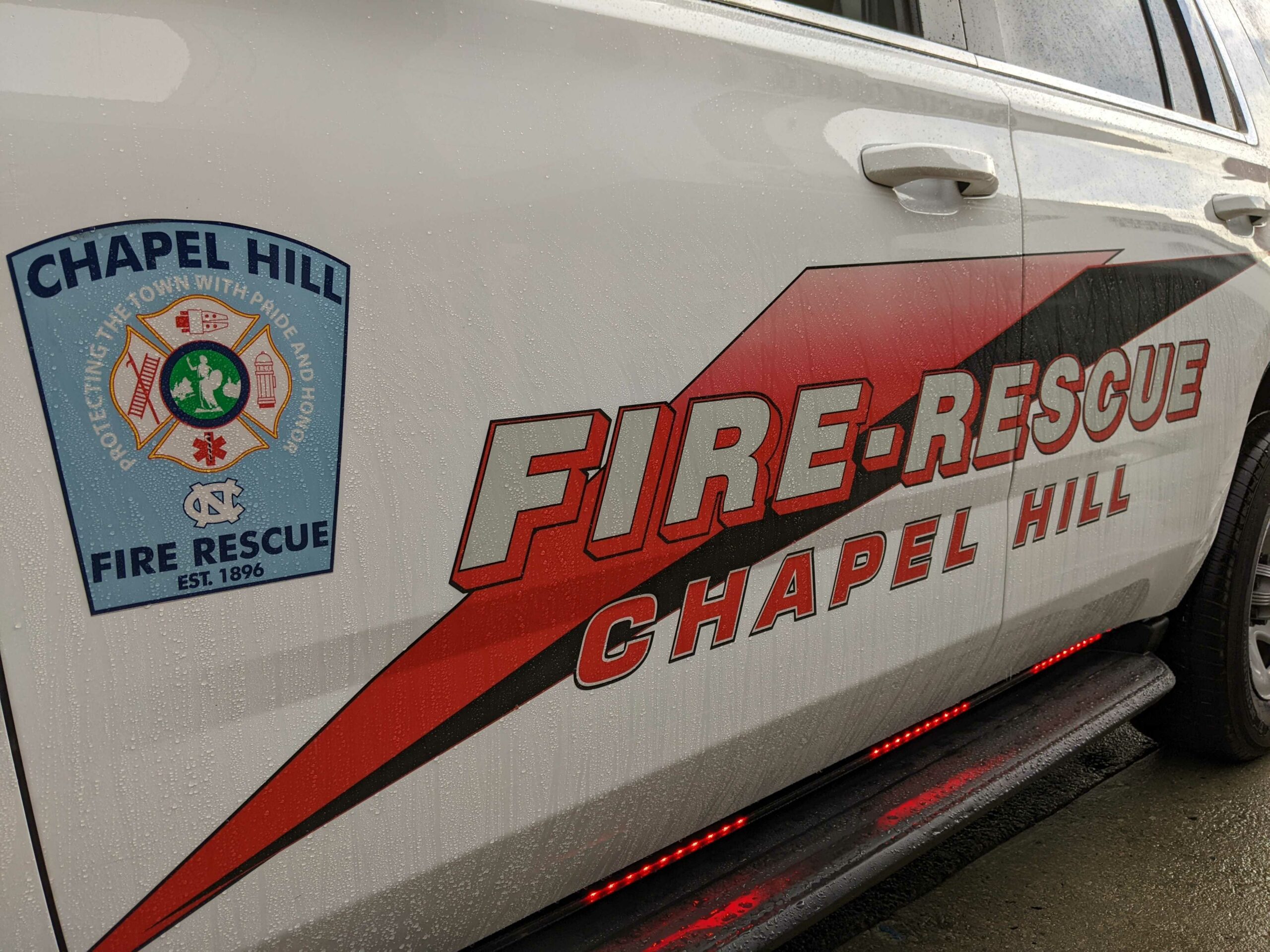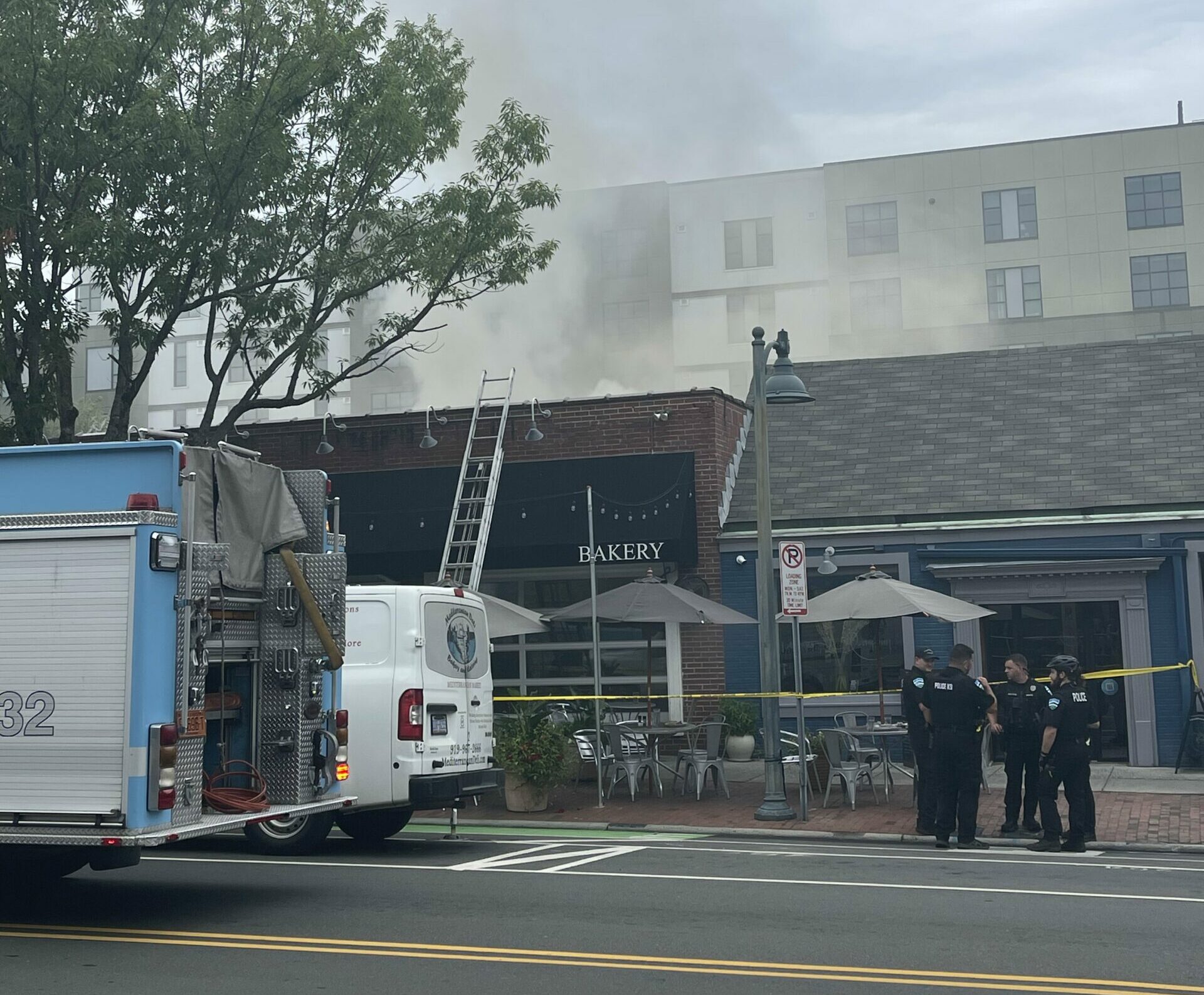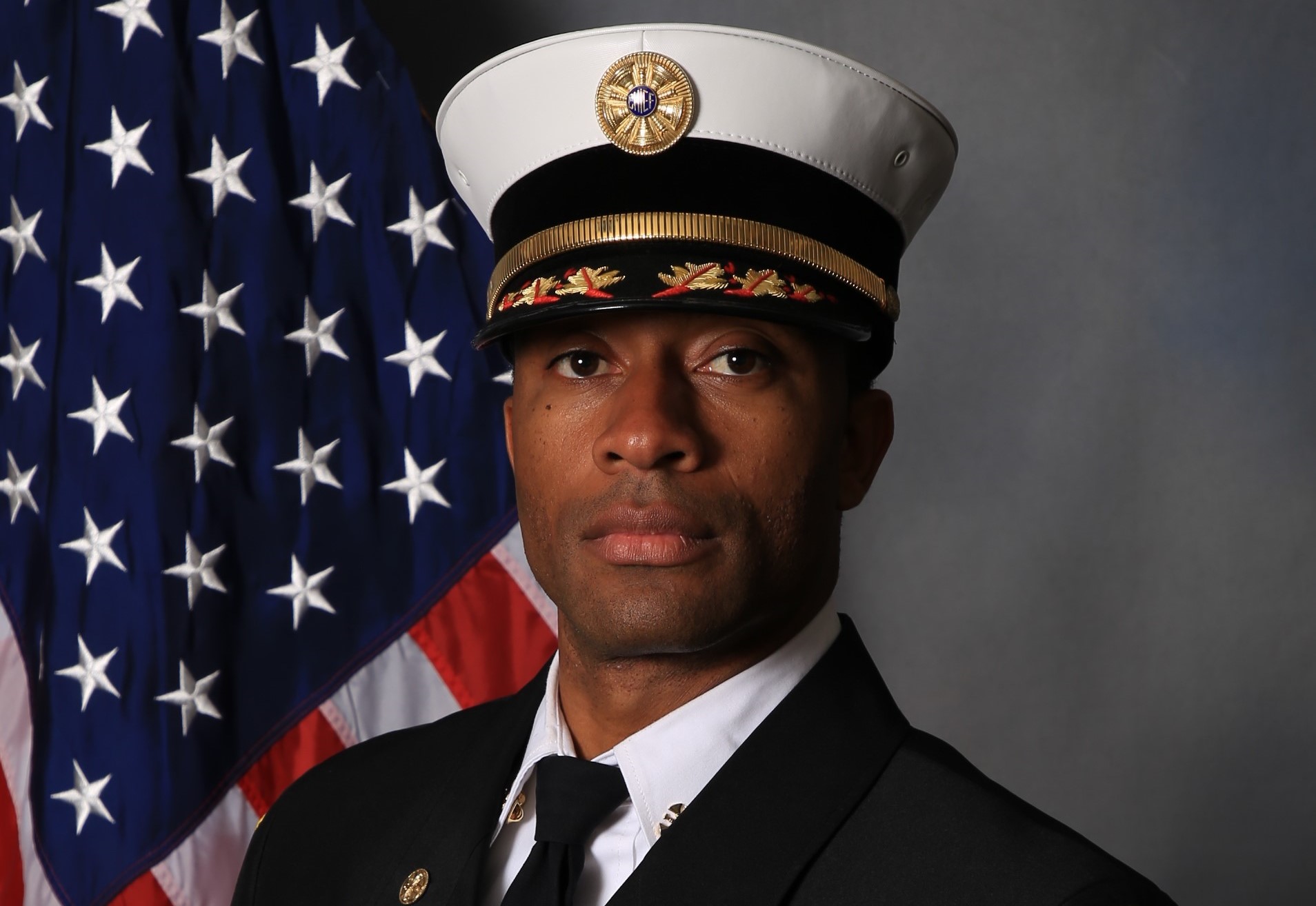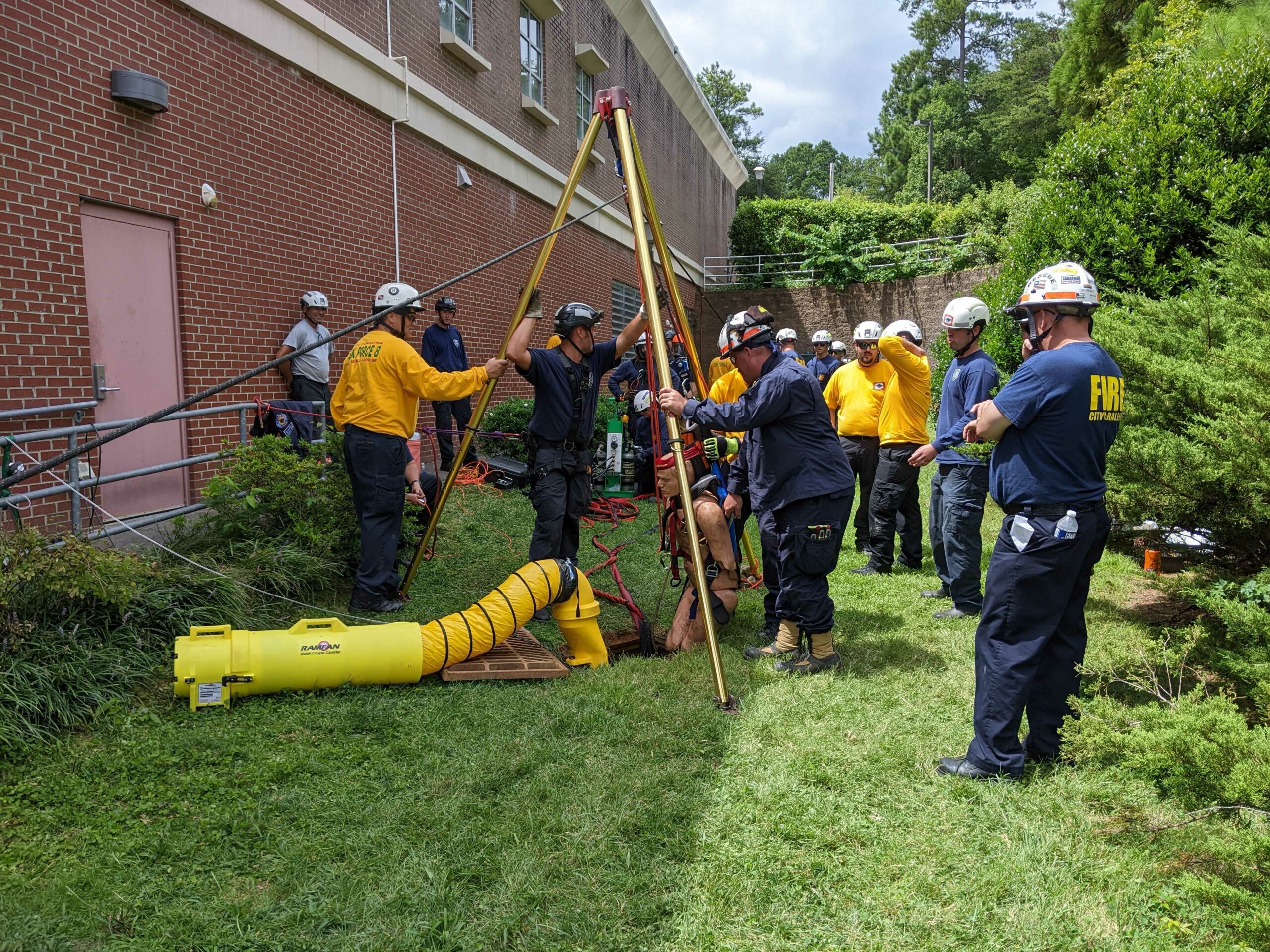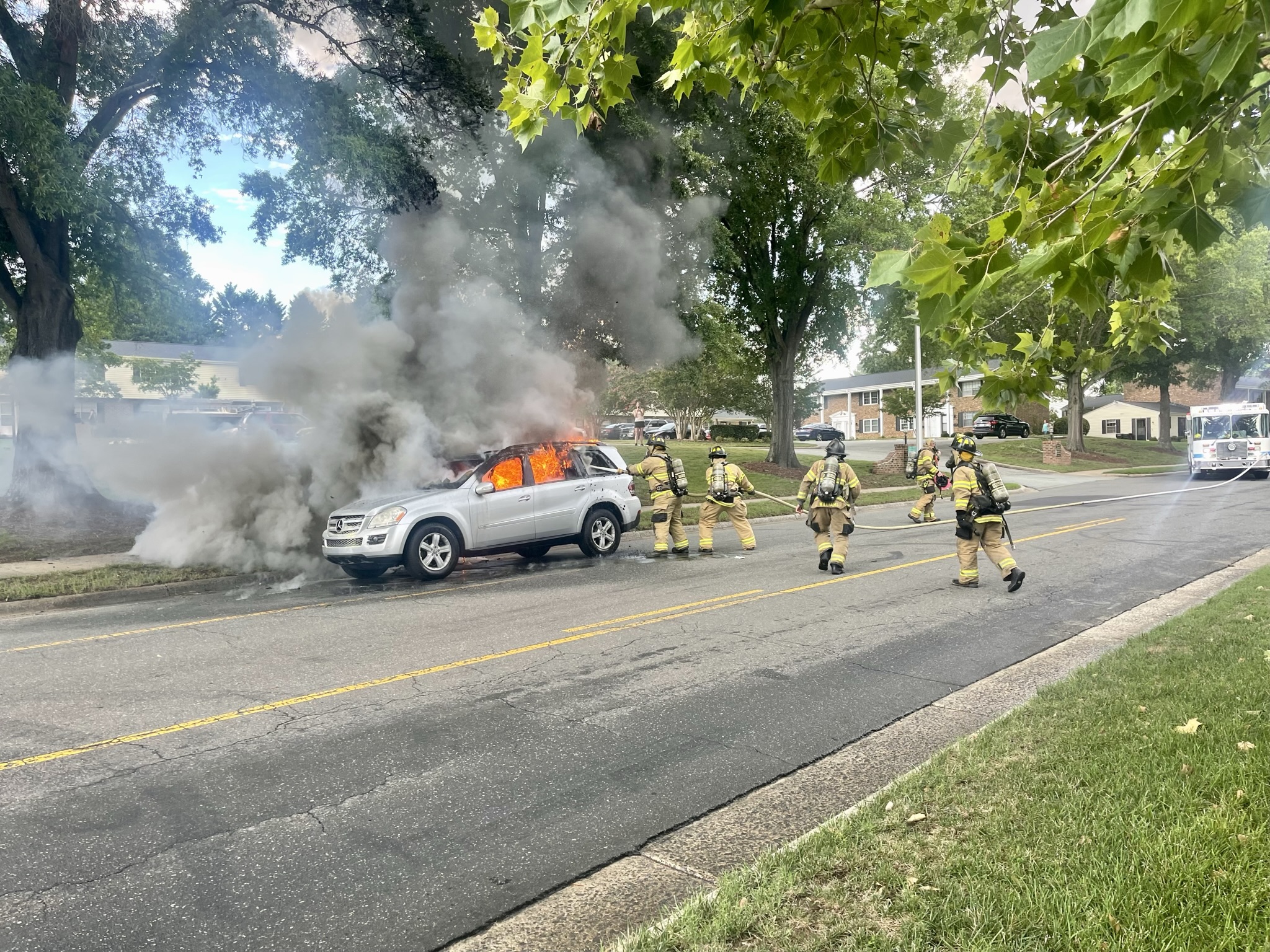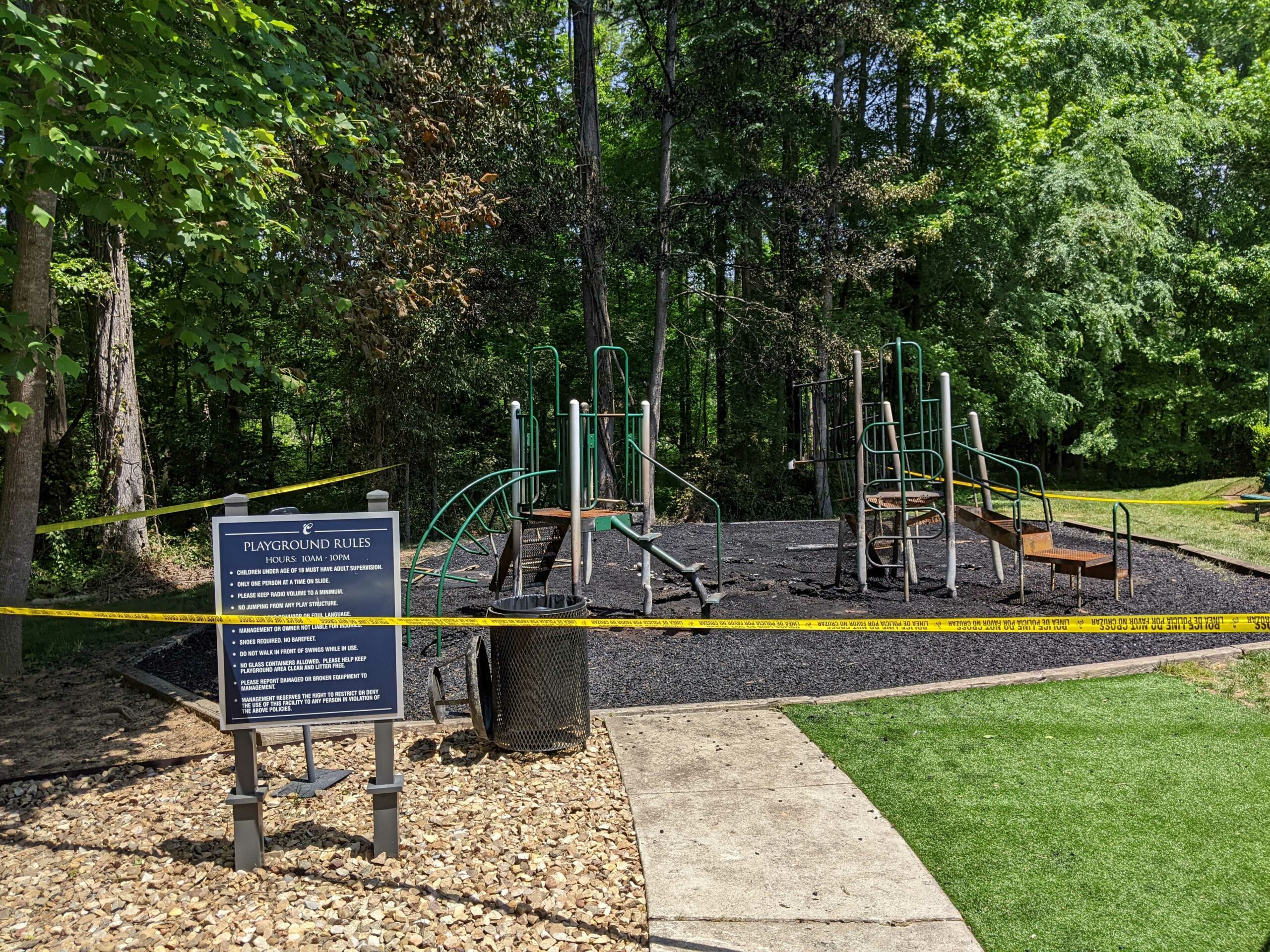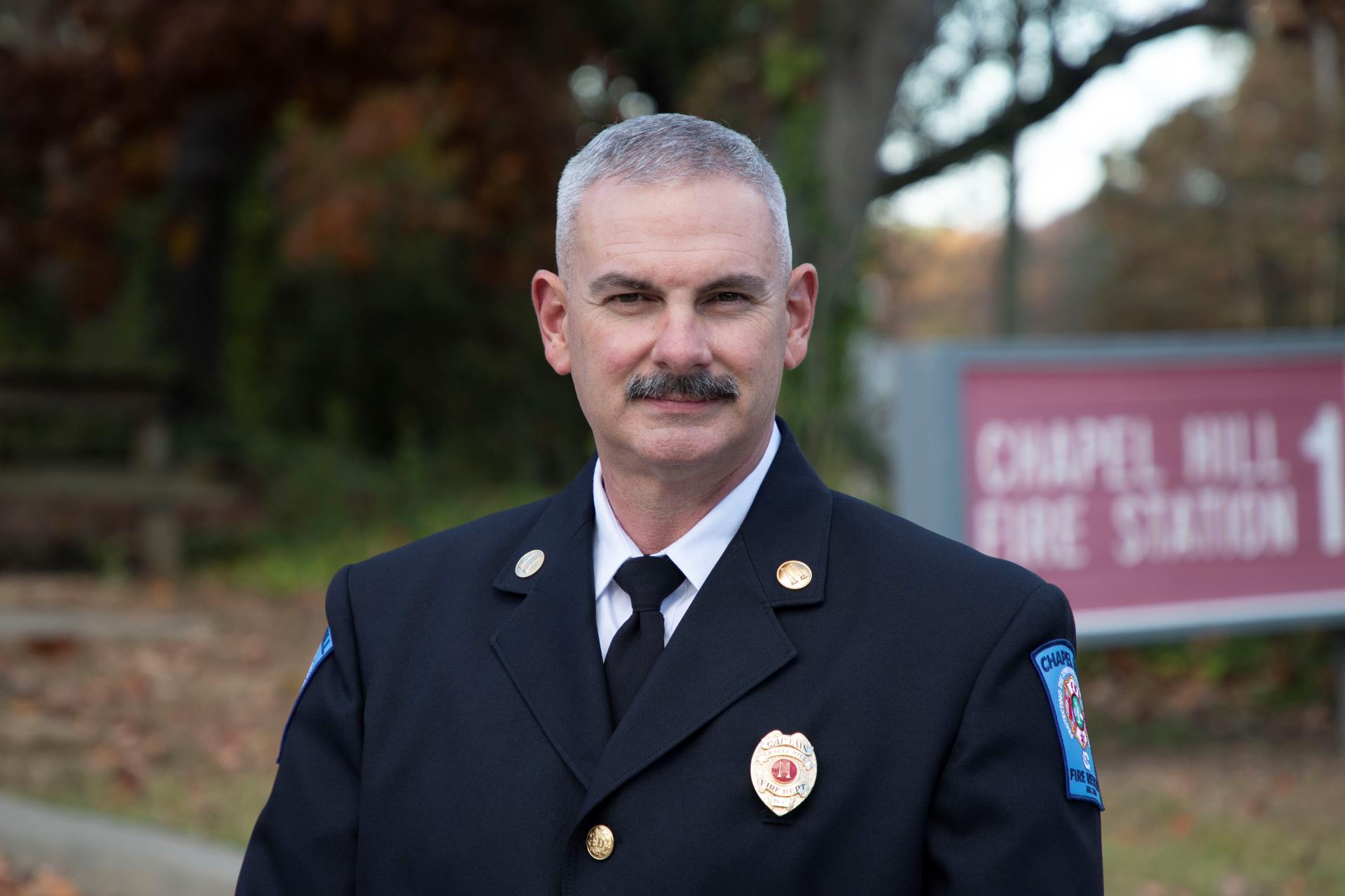The start of National Fire Prevention Week on Sunday is especially pertinent as new statistics emerge about fire safety and children amid the pandemic.
While the purpose of the ‘‘shelter-in-place” mandate was to reduce viral transmission of COVID-19, it consequently led to increased admissions of school-age children to UNC’s burn center. Officials say more outreach and education are needed to provide safe resources for families during this pandemic.
The Jaycee Burn Center in Chapel Hill averages between 1500 and 1700 patients per year with peak admissions during the winter and summer months for both adults and pediatric patients.
Dr. Booker T. King is Chief of the Burn Division of Surgery and Director of the North Carolina Jaycee Burn Center at UNC Hospitals.
He said operations in the burn center have not lessened since the start of the pandemic. In fact, in certain populations, it has increased.
“One of the things that we’ve seen, early on when the shutdown occurred, is an increase in pediatric patients,” King said. “We’ve seen an uptick and what we think was happening is normally those school-age children would be in school and since they were at home, that puts them more at risk.”
In comparison to last year, the number of burn patients has increased seven percent overall during the COVID-19 pandemic – from March 1 to present.
However, for pediatric patients, there has been a more significant increase in burn patients.
According to a study co-published by King, burn injuries in school-age children have more than doubled since the state mandated school closures – with a 114 percent increase. Flame-related injuries have tripled in the pediatric population, with contact injuries increasing by 70 percent and scald injuries by 15 percent.
King said many of the center’s pediatric patients are admitted for burns caused by everyday tasks.
“Pediatric patients – the majority of their burns are scald due to hot water,” Kind said. “Maybe the bath was too hot or they pulled a pot off the oven or stove or they spilled some soup on themselves. So the vast majority of pediatric burns are scald burns.”
Overall, King said the community needs to be a little more mindful and vigilant when it comes to fire safety, especially when the well-being of our children is at risk. This could mean learning how to operate your fire extinguisher, having an up-to-date smoke detector and listening to advice from your local fire department.
Emily Powell is the Fire and Life Safety Educator and Inspector for the Chapel Hill Fire Department.
During this year’s National Fire Prevention Week, the theme is “Serve Up Fire Safety in the Kitchen!” Powell said this theme is especially prudent during the pandemic, as many departments have seen an uptick in kitchen fires and accidents over the course of the pandemic’s stay-at-home orders.
To help prevent family injuries, Powell said it’s important to always keep a three-foot zone for kids and pets when cooking or working with anything hot.
“So a three-foot zone around your stove top, turning those pot and pan handles in – you have to remember if you’ve got a little toddler running around or preschooler, they can’t see what’s up there but they see that handle and they want to do what mom and dad are doing,” Powell said. “So they’re reaching for it and then we don’t have a fire but we do have a very serious burn.”
She said it’s always a good idea to supervise young children in the kitchen, even if you think they are doing a simple task.
“For injury prevention, one of the things we hear all the time from the Jaycee Burn Center are the macaroni and cheese cups or ramen noodle cups that are microwaveable,” Powell said. “You think ‘oh the kids using the microwave – it takes two and half minutes – they can do it themselves,’ but that water gets super-hot, boiling in the microwave very quickly. Those microwaves are often just high enough where the children can’t reach in and get it safely – plus the cups are hot enough so they get a lot of scald injuries as well.”
To learn about more about National Fire Prevention Week and to read more fire prevention, burn and safety tips, click here.
Chapelboro.com does not charge subscription fees. You can support local journalism and our mission to serve the community. Contribute today – every single dollar matters.

